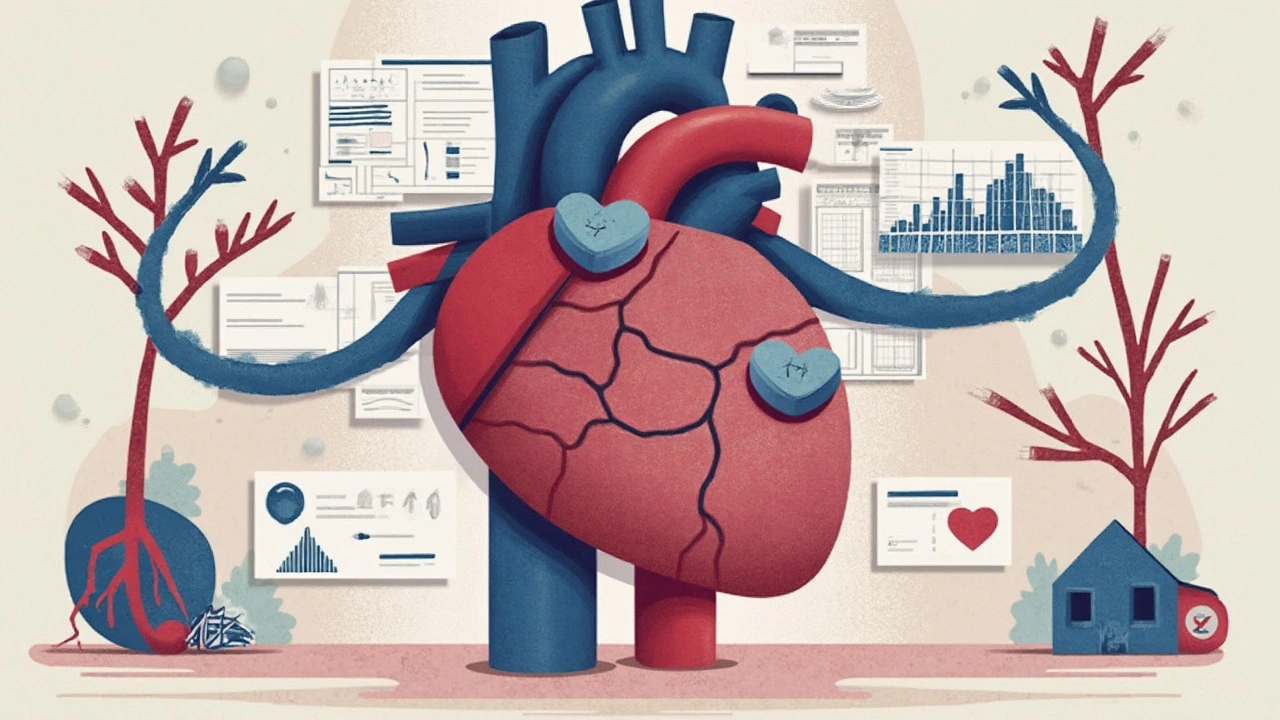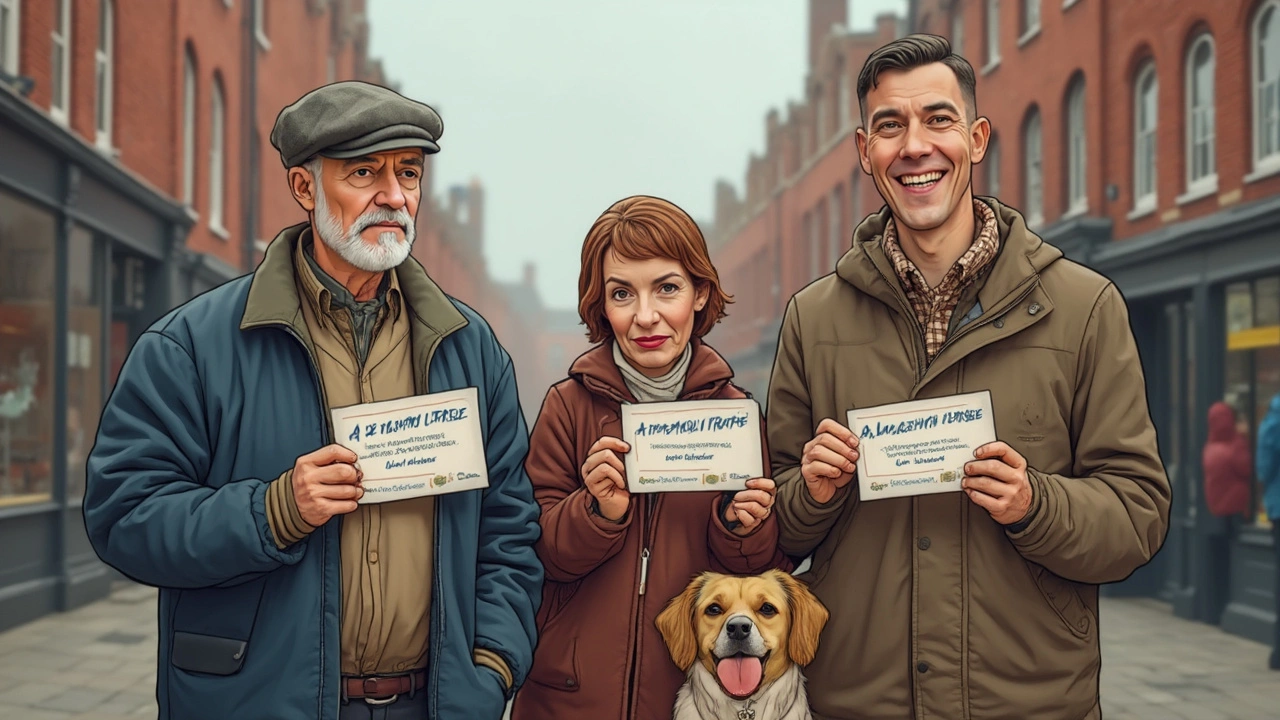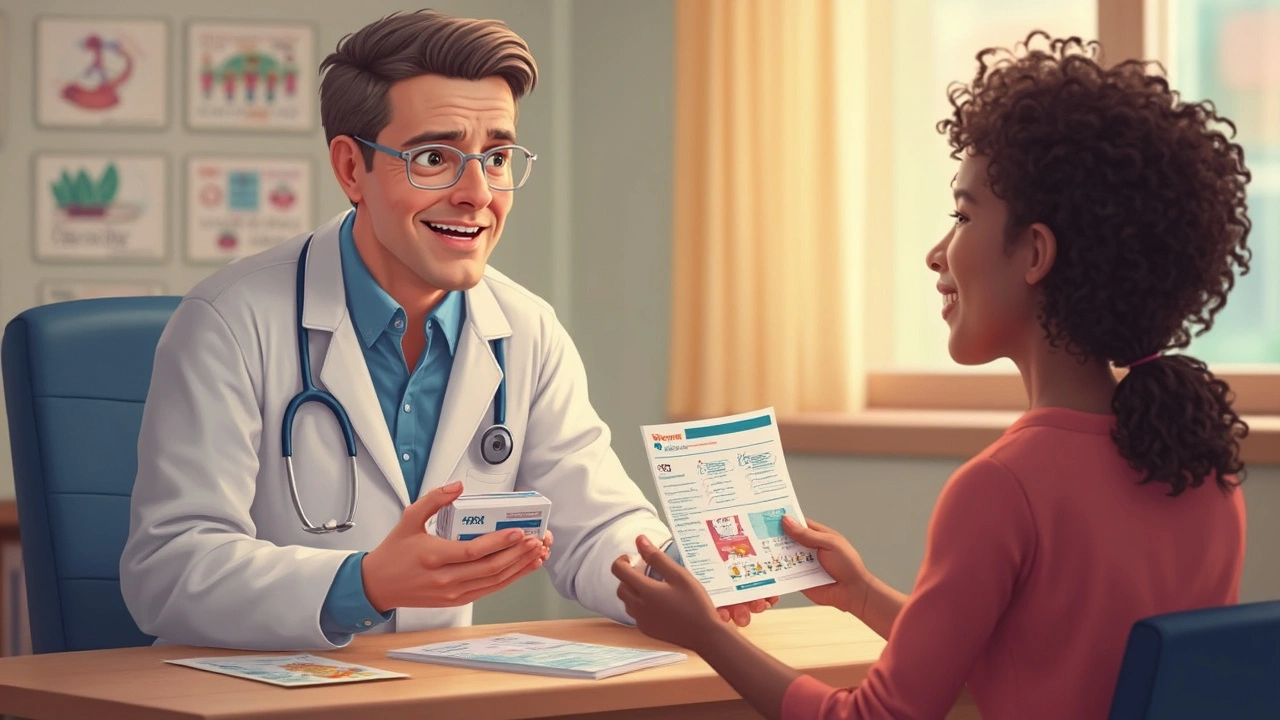If you asked a hundred Aussies to name a medicine that keeps people alive after a heart attack, you’d hear the word Plavix sooner or later. This little pink pill is a lifeline for folks with dodgy tickers, but most people only know the name from an ad or as a scribble on Nan’s pill bottle. Plavix is everywhere in Melbourne. Go for brunch in Fitzroy, and you’ll probably spot someone fishing a tablet out of a pillbox. But what does this pill actually do, and what are the things nobody tells you about staying on a blood thinner?
What Is Plavix, and Why Is It So Widely Used?
First, let’s talk basics. Plavix is the brand name for clopidogrel, a type of blood thinner used around the world. Aussie doctors dish it out after heart attacks, strokes, or if your arteries are clogging up to the point of needing stents. It’s also a big deal if you’ve got peripheral artery disease—the stuff that messes with blood flow to your legs. The pill’s main job is to stop cells in your blood, cleverly called platelets, from sticking together and forming clots where they shouldn’t. Why does this matter? It’s those unwanted clots that block arteries and kick off strokes, heart attacks, or even limb loss. Stop the clots, and you give yourself a real fighting chance at dodging a repeat event.
Unlike older blood thinners like warfarin, Plavix doesn’t need constant blood tests. That was a revolution when it hit pharmacies in the early 2000s. For people who don’t want to spend their lives in waiting rooms, the freedom is massive. Want to go on a camping holiday down the coast or take a last-minute flight to Brisbane without telling the hospital? Plavix makes that happen. It’s a daily tablet—usually one 75mg dose—and you don’t need to keep checking your blood every few weeks. Just take it, remember to fill up your prescription, and get on with regular life.
Another thing: Plavix is often paired with aspirin. This double-dose is called “dual antiplatelet therapy,” and it’s the gold standard if you’ve had a stent popped into your heart. The research here is rock solid. In a major study called CURE, patients on both drugs slashed their risk of another heart attack or death by about 20%. That’s a huge deal. But the flip side is that more blood thinning means a higher risk of bleeding. That, right there, is probably the biggest trade-off of this medicine.
It’s also handy that clopidogrel is now off-patent, so you’ll often see it sold as a generic. It works exactly the same, no matter what the label says. Still, some folks insist on the pink branded tablet. Maybe it’s superstition, maybe it’s comfort. Either way, it’s all clopidogrel underneath.

Risks, Side Effects, and Myths People Get Wrong
Blood thinners can sound scary. Stories of people bruising like ripe peaches or getting nosebleeds from a sneeze float around every waiting room. But with Plavix, the side effects are usually pretty mild compared to the horror stories from warfarin days—no food rules, no constant monitoring, and much less drama if you eat a salad loaded with spinach.
That said, some risks are real. The big one is bleeding. If you cut yourself, you’ll probably notice it takes longer for the bleeding to stop. Most folks end up with more bruises, especially if you’re on aspirin too. Tiny nicks while shaving or cleaning up in the garden can turn impressive looking, but they almost always settle with a band-aid. The real worry is internal bleeding, but for most people the risk is low, especially if you’re under 75 and don’t have a history of ulcers, major falls, or dodgy kidneys. If you ever notice blood in your pee, poop, or when you cough, see a doctor—don’t wait for it to go away.
One myth is that Plavix ‘thins your blood’ like water. That’s not quite right. Your blood stays the same thickness; Plavix just stops those platelets from clumping, so scabs form slower. You’re not actually running around with diluted blood—no risk of passing out if you cut your finger on a bread knife. What about stuffy noses or rashes? Some people do notice allergies—rashes, itching, even fevers. If that happens, the fix is usually switching to another antiplatelet. The serious allergy is called TTP (thrombotic thrombocytopenic purpura)—that’s a medical emergency, but super rare, and you’ll know fast if you’re the unlucky one, with bruising, fever, and confusion.
Rarer still are stomach or intestinal bleeds, but they show up more if you’ve had ulcers before, so doctors might suggest a proton pump inhibitor (PPI)—those acidity-blocking tablets like pantoprazole. This can help keep your stomach lining safe. Another quirky problem is with bumping into things. People who play sports, or have restless pets and energetic grandkids, find new bruises in weird places. It happens. As long as they’re not massive or painful, it’s just cosmetic.
Sometimes folks worry that drinking alcohol is a no-go with Plavix. Used sensibly, the odd glass of wine won’t cause havoc, but drinking heaps regularly does increase your bleeding risk. And if you smoke, you actually activate clopidogrel faster in your liver, so some smokers respond even better to the drug, but obviously, quitting still beats fiddling with medicine.

Practical Tips for Living Safely and Comfortably With Plavix
The most important thing with plavix? Never just stop taking it on your own. People who skip doses after a stent or a recent heart attack have a startlingly high risk of another cardiac event—sometimes in days. If you’re meant to be on Plavix for a year after a stent, that’s not negotiable. Stopping early isn’t just risky, it can be downright fatal. Always check with your doctor before making changes.
One big tip: Tell every health professional (dentist, surgeon, nurse, pharmacist) that you take Plavix. Even if you go in for a filling, they’ll want to avoid causing too much bleeding. If you’re heading for surgery, doctors might have you stop Plavix five to seven days beforehand—never stop it on your own, only on medical advice. If you get a surprise prescrition for something new, say, a strong painkiller or an antibiotic, double check for interactions. Some old-school antacids can mess with how Plavix works, especially omeprazole. Ask your pharmacist—they’re blood thinner experts.
If you’re prone to forgetting tablets, set daily alarms on your phone or use a pillbox. It sounds basic, but even missing one or two doses in a row can undo protection, especially early after a heart attack or stent. Melbourne pharmacies offer digital reminders and even blister packs for free now, so use the tech.
Have a medical ID or at least a card in your wallet stating you're on clopidogrel. If anything happens to you and you're out cold, paramedics will check your pockets for clues. It could affect what treatment you get in an emergency.
If you notice more bruising, wear long sleeves and pants when doing risky jobs, and use the softest toothbrush you can find. Floss gently. If you get a nosebleed, pinch your nose and lean forward—not backward like the old school advice. If it doesn't stop after 15 minutes, get checked out. For cuts that won't clot, rinse well, elevate the limb, and hold steady pressure. Keep a stash of gauze and band-aids at home and in your backpack if you’re the outdoorsy type.
Remember, this blood thinner doesn't last forever. Most people stay on it for 6-12 months after a heart event, then downgrade to just aspirin, but your cardiologist might keep you on the full double whammy longer if your risks are high. Always schedule a check-in after big birthdays or if you start another new problem (like diabetes or severe kidney disease), because your risk calculations can change fast.
Don’t ignore any unusual symptoms—shortness of breath, severe skin reactions, sudden tiredness, or any sign of internal bleeding. Even if you feel a bit sheepish calling the nurse hotline, do it. Getting in early saves a truckload of drama down the road. And, for those who travel a lot, keep a supply of tablets in both your carry-on and suitcase. Luggage goes missing all the time. Another tip: have the generic name, clopidogrel, written down for pharmacies overseas, because Plavix isn’t the universal name everywhere.
In an age where every second health article is either clickbait or sponsored by a vitamin brand, hard evidence cuts through the nonsense. Plavix isn’t magic, but when used right, it dramatically drops the risk of deadly clots and helps thousands in Melbourne and beyond. Know the side effects, respect the risks, lean on your pharmacist for advice, and you’ll give yourself the best shot at long, healthy years—even with a dodgy ticker.


Just saw my uncle take his Plavix with a shot of espresso this morning. Said it helps him remember. I asked if it was a trick, he just laughed and said, 'Son, if I forget this pill, I don't get to see my grandkids grow up.' That hit different.
Been on it for three years since my stent. No drama. No blood tests. Just a little pink pill and a whole lot of gratitude.
My dentist almost fainted when I told him I was on it. Said he'd 'never seen a guy so chill about bleeding out during a filling.' I told him I'd brought extra gauze. He gave me a free toothbrush. Win-win.